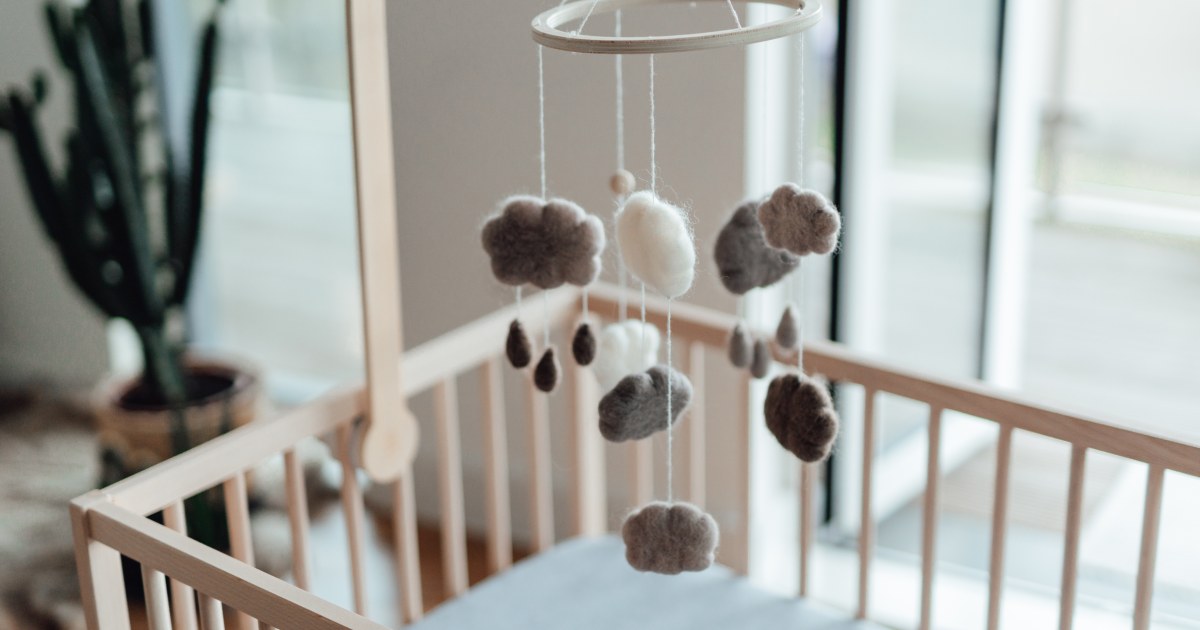Key takeaways:
- A new study has revealed an unexpected jump in unexplained deaths in Black infants during the first year of the coronavirus pandemic.
- The rate of sudden infant death syndrome (SIDS) increased by 15% in a single year, with the rate for Black babies in 2020 being the highest it has been in the last five years.
- The CDC is urging parents to practice safe sleep habits and seek medical care for their babies if they have any concerns.
A new study published in the medical journal Pediatrics has revealed an unexpected jump in unexplained deaths in Black infants during the first year of the coronavirus pandemic. The research from the Centers for Disease Control and Prevention (CDC) found that the rate of sudden infant death syndrome (SIDS) increased by 15% in a single year, from 33.3 deaths per 100,000 babies born in 2019 to 38.2 such deaths in 2020.
Despite this increase, the overall infant mortality rate dropped to a record low in 2020. However, the study found that the rate for Black babies in particular spiked, widening an already stark disparity. The SUID rate for White babies dropped to the lowest it has been since 2017, while the rate for Black babies in 2020 was the highest it has been in the last five years.
Dr. Marian Willinger, a SIDS researcher at the National Institute of Child Health and Human Development, said the findings were concerning. “It’s really a tragedy that we’re seeing this increase in SUID rates among Black infants,” she said. “It’s a reminder that we need to do more to reduce infant mortality and address the disparities in infant mortality.”
The CDC report did not speculate on the reasons for the increase in SUID rates among Black infants, but Dr. Willinger noted that the pandemic has had a disproportionate impact on Black communities. She said that the increase in SUID rates could be due to a combination of factors, including stress, lack of access to medical care, and changes in sleeping arrangements due to the pandemic.
The CDC is urging parents to practice safe sleep habits, such as putting babies to sleep on their backs, using a firm sleep surface, and keeping soft objects and loose bedding out of the crib. The agency also recommends that parents seek medical care for their babies if they have any concerns.



Be First to Comment